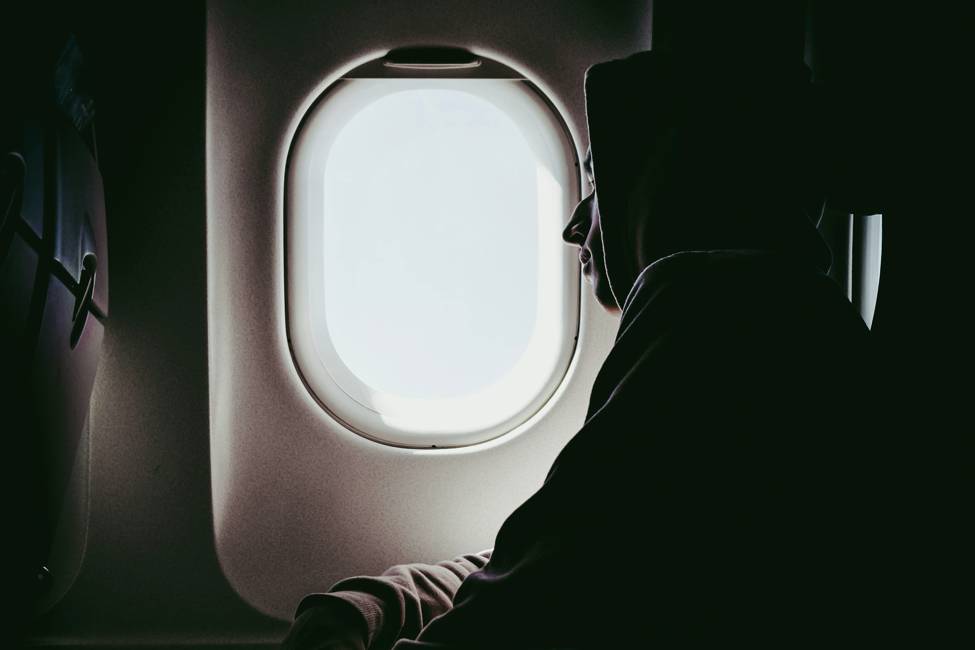Conquering Jet Lag on Your Safari Adventure
For many, an African safari is a once-in-a-lifetime experience. The last thing you need is for jet lag to put a damper on your enthusiasm. But long flights, changing time zones, and altitude differences can leave you feeling sluggish and tired.
The good news is, with a little preparation and the right strategies, you can manage jet lag and make the most of your safari adventure from the moment you land. This guide covers everything you need to know to combat jet lag and jumpstart your safari with energy!
What is Jet Lag and Why Does It Happen?
Jet lag occurs when your body’s internal clock (or circadian rhythm) is out of sync with the time zone you’ve traveled to. It happens because your body is accustomed to a certain sleep-wake pattern, and crossing multiple time zones disrupts that cycle.
Common symptoms of jet lag include:
- Fatigue and tiredness
- Trouble sleeping or insomnia
- Difficulty concentrating or feeling mentally foggy
- Headaches
- Irritability
When you’re traveling on a safari, jet lag can feel especially inconvenient since you want energy for early morning game drives, guided bush walks, and plenty of outdoor exploration. You don’t want to miss out on these once-in-a-lifetime experiences just because you’re adjusting to a new time zone.

Prevent Jet Lag: Things to Do Before You Travel
The best way to deal with jet lag is to be proactive before you even board the plane. Here are some helpful tips to get your body ready for the time zone change.
Talk to Your Travel Doctor
Before a trip to Africa, you should schedule a visit with a travel medicine doctor or clinic to get any necessary vaccinations or medications for your trip. While you’re there, ask your health care provider whether a supplement like melatonin, which is available over the counter and commonly used to aid sleep, would be appropriate for your situation.
Adjust Your Sleep Schedule Before Departure
Slowly adjust your sleep schedule in advance of your departure. Starting a couple weeks before your departure, try going to bed and waking up 30 minutes to an hour earlier every few days until you leave. Of course, the amount you can shift will depend on the rest of your schedule, like when you need to be at work. But even if you can only change your sleep time by an hour, it will still ease the transition when you fly.
An app like Timeshifter can help. It gives daily guidance on when to go to sleep, when to avoid caffeine, and when to keep the lights on or turn them off to help you gradually adjust.
Get Plenty of Sleep Before Your Trip
While the temptation to stay up late packing and preparing for your safari adventure is strong, getting plenty of rest in the days leading up to your flight is key. Being well-rested before you depart means you’ll have a better chance of adjusting to the time zone change more smoothly.
Stay Hydrated Before and During Your Flight
Dehydration can worsen the effects of jet lag, and long flights can leave you feeling extra parched. Drink enough water in the days leading up to your flight and during your journey to Africa. Avoid alcohol, which can interfere with your sleep and contribute to dehydration. Limit caffeine to the morning and early afternoon hours of your destination, and don’t consume more than you usually do.

How to Manage Jet Lag During Your Flight
Flights to your final destination can take anywhere from 12 to 20 hours, depending on where you’re traveling from. Here are some helpful strategies for managing jet lag during your journey.
Set Your Watch to Your Destination’s Time Zone
Upon boarding your flight, change the time on your watch (or phone) to match your destination’s time zone. This mental trick can help you start adjusting to your new routine even before you land.
Sleep Smart on the Plane
Sleep is one of the most effective ways to combat jet lag, but doing it correctly is key. Try to sleep during the “nighttime” hours of your destination’s time zone, even if it’s daytime for you. Use a sleep mask, neck pillow, and noise-canceling headphones or earplugs to help block out distractions. Be mindful of when you eat and drink on the plane, as this will also help you get in sync with your destination’s schedule.
Move and Stretch
Long flights can lead to stiffness and fatigue, which can worsen jet lag. Periodically get up, stretch, and walk around to keep your blood circulating and prevent swelling. Simple stretches can also help.
Control Light Exposure
Light plays a key role in resetting your body’s internal clock. If you need to stay awake during the flight to adjust to your destination’s time zone, expose yourself to light (like looking out the window or using a light therapy mask). On the other hand, if you’re trying to sleep, use a sleep mask to block out light or dark glasses to reduce its intensity.
Beating Jet Lag on Arrival
Once you land in Africa, the next step is making the transition to the local time zone so you can fully enjoy your safari experience. Here’s how to manage your first day or two on the ground.
Spend Time in the Sun
Once you arrive at your safari destination, spend as much time outdoors as possible. Natural sunlight helps regulate your body’s internal clock and tells your brain when it’s time to be awake.
Stay Active and Keep Moving
While it may be tempting to nap, staying active helps your body adjust more quickly. Go for a walk, take a guided tour of your destination city, use your hotel’s gym or spa, or chat with your guide. If you absolutely must rest during the day, keep it under 30 minutes so it doesn’t interfere with your ability to fall asleep after nightfall.
Stay Hydrated and Watch Your Caffeine
Continue getting enough water and eat healthy meals at local meal times to help your body adjust to the new schedule. It’s usually fine to drink your regular cup of coffee at breakfast, but avoid caffeine later in the day, which can interfere with your sleep.
Give Yourself Time to Adapt
Remember, your body needs time to adjust to the new time zone, so don’t stress if you feel tired or disoriented during the first day or two. It’s normal to experience some jet lag, and in most cases, it should start to wear off after a few days.

Jet Lag Won’t Stand in Your Way
A safari is a dream come true for many, and while jet lag might be an initial hurdle, it doesn’t have to ruin your adventure. By following the right strategies before, during, and after your flight, you’ll be able to manage jet lag and dive straight into the incredible experiences that await you.
So, take a deep breath, pack your bags, and get ready to enjoy the wild wonders of Africa. Contact Ujuzi to plan your trip!
Sign up for the Ujuzi Newsletter!
From top travel tips to innovative safaris and conservation movement, get inspired to plan your next African safari!
By submitting this form, you are consenting to receive marketing emails from: . You can revoke your consent to receive emails at any time by using the SafeUnsubscribe® link, found at the bottom of every email. Emails are serviced by Constant Contact








